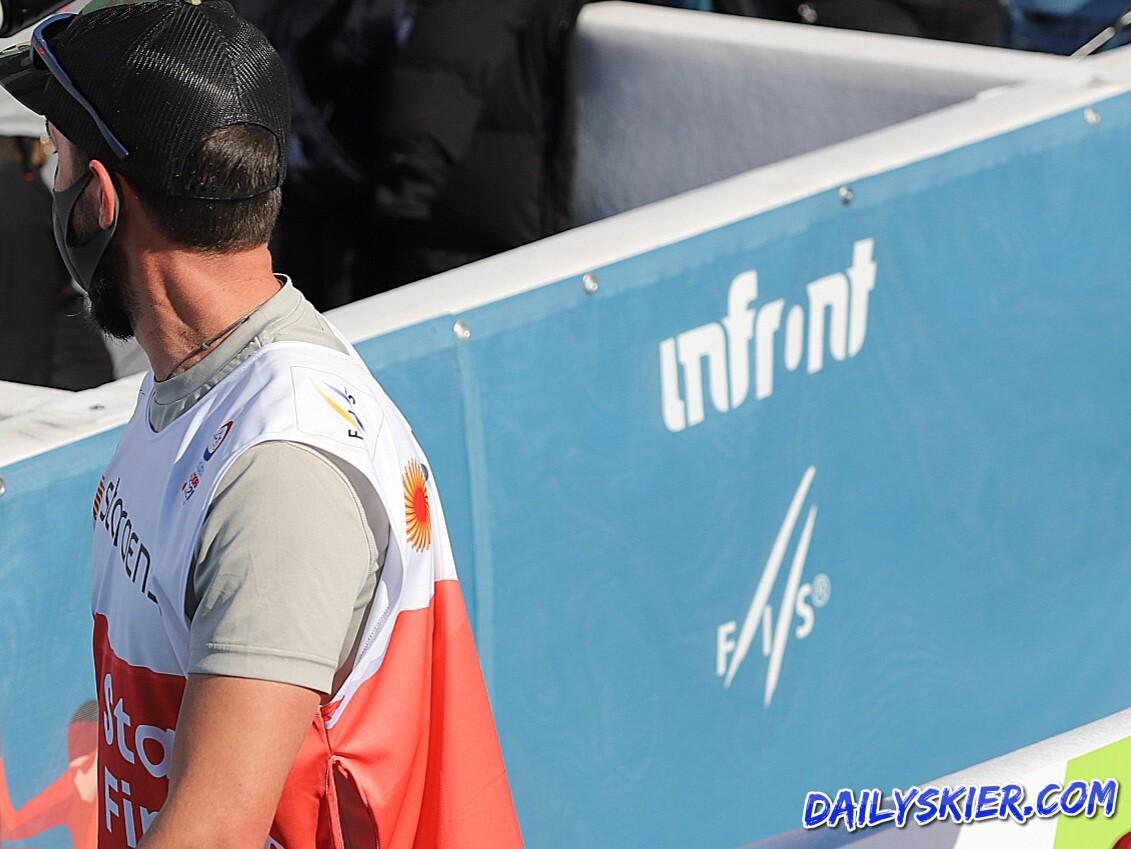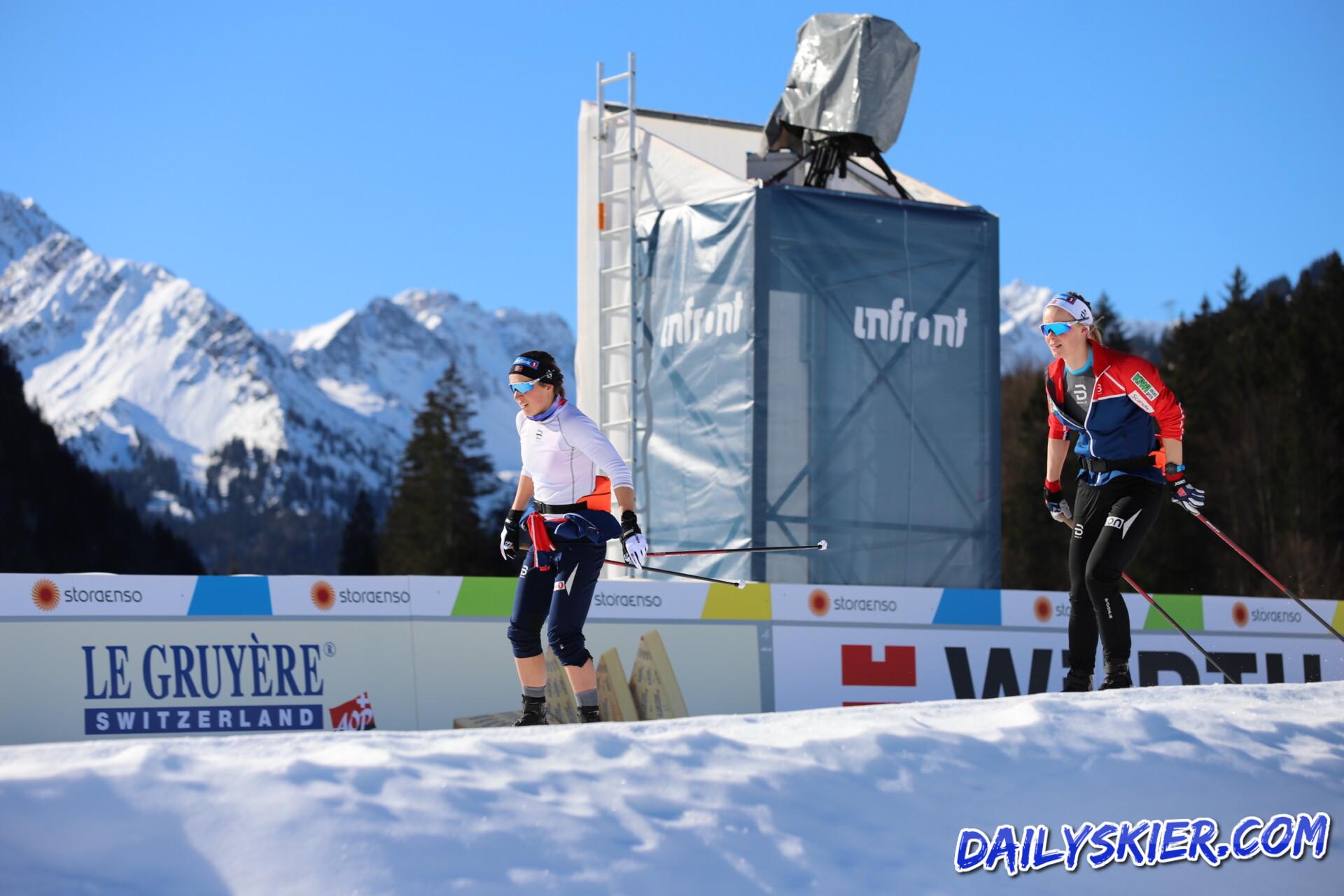
FIS knows its business well – it has decided to make a major announcement about the future right in the middle of summer holidays, when the interest in snow sports is at a minimum and most of the reporters/ analysts are on holiday
Enjoy, relax, we’ve got you covered – and shall explain the significance of the moment.
From FIS press release:
International Ski and Snowboard Federation (FIS) and Infront have agreed terms for an exclusive agency agreement for the distribution of the international media rights to FIS World Cup events for all platforms starting in the 2026/27 season and covering eight seasons until and including 2033/34.
Until and including the 2025/26 season, Infront will continue to implement the existing collective media rights distribution approach based on the agreements with NSAs.

That means that the open feud between the boss of FIS, Johan Eliasch, and the Austrian middleman has ended in truce. Or a stalemate. Last year Eliasch more or less openly accused Infront of inflating agency fees while selling media rights to broadcasters.
More importantly, it means that Eliasch has managed to push his key point through: centralization of media rights by FIS. To remind you, the snow sports currently have the most arcane system ever – national ski federations organize their own FIS World Cup stages, own the media rights and sell them to broadcasters independently. In practice almost all of them – via Infront. Curiously, the Austrian ÖSV is one of the outliers, they sell through EBU/IMG.
Minimum compensation more than €100 million above current terms
Commission-based agency agreement with a minimum sales guarantee of more than €600 million. FIS in full control over the sales process
Infront to provide exclusive marketing implementation and international media operations services.
FIS doesn’t like to reveal exact figures – and, as a Swiss- registered entity, it is not obliged to publish its finances by law. But a figure provided, €75 million per season as of 2026, is underwhelming. That’s for ALL World Cup events, controlled by FIS. No prize for guessing that the most lucrative ones are Alpine skiing and ski jumping, they get far bigger television audiences than cross-country skiing. We estimate that xcskiing share of the €75 million pie would be less than €10 million per season.we
How much – or little – is that?
The International Biathlon Union, which used to publish its media rights contracts, has also gone cheeky lately and only talks about them in general terms. But, unlike FIS, IBU does publish its yearly budget – with revenue of some €44 million per year. Media rights are by far the most significant source of income for all pro-sports these day, so the lion share of this money shall come from the IBU deal with the European Broadcasting Union. The rich biathlon has more competitions every season than xcskiing, including yearly World championships, but it would be fair to guess that the biathlon World Cup in itself generates at least twice as much revenue than the cross-country skiing one.
The financial future of the xcskiing World Cup is worsened by two more events outside of its control:
Exclusion of the Russian skiers means a loss of revenue at the largest cross-country ski viewership market in the world. Match TV , the country’s sport broadcaster, owned by Gazprom, was showing ( and paying for) the xcski World Cup races last season – but for how much longer?
Huge financial problems of Viaplay, a Scandinavian media giant that has the media rights for most xcski World Cup races in Norway and Sweden. Viaplay ( then called NENT) outbid traditional broadcasters NRK/ TV2 and SVT by offering a massive premium to Infront. If now Viaplay decides to exit xcskiing, what would those rights be worth?
Our two cents:
Overall, the centralization of media-related revenue streams is a positive and long due step. But the battle was for/around the lucrative Alpine/ ski jumping events, with xcskiing just an afterthought. It’s coming late and it won’t kick in for more than three years from now. Perhaps, enough time to rethink formats and conditions that would make cross-country skiing more attractive to viewers?
Related Posts
- Norway puts its economic might on display in Planica to dismay of other nations
- Gjerdalen Takes Over Long-distance Team, Two Maverick Skiers To Assist Him
- Bookies View On World Cup 2020/21
- Adidas Signs Frida Karlsson. Why Is That Reason To Celebrate
- Petter Northug: Johaug Got Million Kronas And I Got Nothing Because I Am Already On Contract
